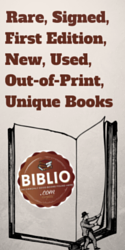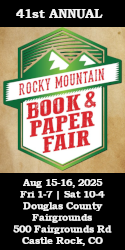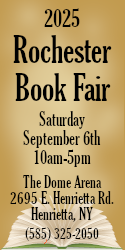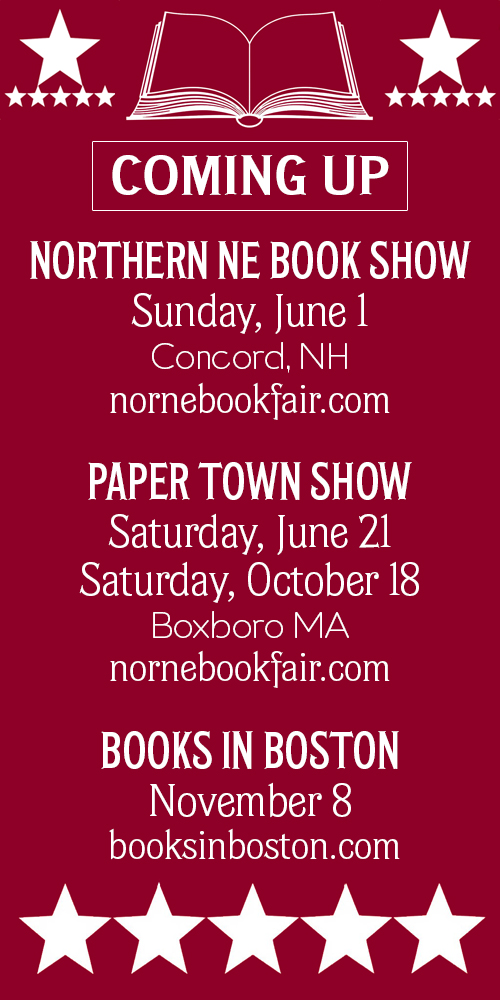Civil War Isn’t Funny
(originally published October 11, 2017)
Same goes for any war. When Gilbert a'Beckett was writing his comic histories (England, Rome, etc.) one has to wonder what was going through his mind. In a comic history of anything, most writers and readers understand it involves a lot of selective historical amnesia, mood-altering tricks and other forms of cover-up. But passage of time softens a lot of things – we remember getting mail from Hastings (Sussex) years ago, with part of the postmark reading “Hastings – popular with tourists since 1066”. Although I could imagine a'Beckett writing that, I doubt if he would have wanted to handle the circumstances surrounding the death of Edward II (father of the great Edward III) whose general ineptitude and poor judgment, unduly influenced by his preoccupation and infatuation with Hugh Despenser (the younger), ultimately led to his execution. In those days (the early 14th century) beheading would have been considered euthanasia because drawing and quartering, a truly hideous form of capital punishment, involved being hanged, disemboweled (while still conscious) and cut into quarters. In Edward's case lethal injection was used: “... his screams as his bowels were burnt out by red-hot irons passed into his body were heard outside the prison walls...”¹ Beyond horrible by any stretch – I don't think a'Beckett would have covered it, but wonder what Hayley Geftman-Gold would have said.
By now most of you are aware of the uncharitable comments of the recently fired CBS executive who, in response to the recent Las Vegas mass murder, posted on Facebook “...I'm not even sympathetic bc [sic] country music fans often are republican gun toters.” The now-infamous posting was quickly taken down, but not before being captured as a screen-shot and re-broadcast all over the Internet – although I don't recall it being covered by CBS news. This incident, and the way it was not reported, appears symptomatic of the mental disorder that has disproportionately affected one end of the political spectrum over the past six months or so. Ms. Geftman-Gold is not the only one whose hatred, fueled by socially acceptable ethnic stereotyping, has coarsened public discourse and debate to the point where rational discussion about most anything affecting our lives has become nearly impossible. Hate is alive and thriving on the Internet (where trolls lurk under every bridge), on network news (thinly, but clumsily veiled), late night television (relentless and mind-numbing), from the pulpit (by preachers who may not understand that diversity and divisiveness are linguistically and philosophically joined at the hip) – and beyond. And friendships have been lost.
Civil war has been at the back of my mind lately for reasons staring everyone in the face. I've been immersed in English history for the past few months, and in the course of reading more about the English civil war that ended with the death of Charles I early in 1649, I couldn't help but notice how some of the prominent members of the clergy, from the safety of their pulpits, had fueled the conflict by encouraging and exploiting religious group-identity politics. William Laud (Archbishop of Canterbury) was called Charles's ‘‘evil genius’’ for good reason, but there were plenty of others. At any rate I've been checking into some retrospective and contemporary sources from my own library and have uncovered some interesting things.
Early in his reign Charles was a charismatic figure and, according to von Ranke “... He was one of those young men of whom it is said that they have no fault... a serious and temperate soul spoke from his calm eyes. He had a natural gift for apprehending even the most complicated questions, and he was a good writer. From his youth he showed himself economical; not profuse, but at the same time not niggardly; in all matters precise...” ²
Problems came later when after the great Remonstrance of 1629 and parliament was dissolved over matters mostly having to do with taxation and the financing of overseas campaigns, Charles began his period of ‘personal rule’ or royal prerogative. To make matters worse, in those days religion was the convenient weapon used by people to club each other over the head and William Laud (Archbishop of Canterbury), who actually thought people should take him seriously, got it into his head that the people of Scotland should swear a religiously-correct loyalty oath by formally accepting the new English Prayer Book that had been adopted in 1636.
Scots then, as now, were of mixed mind. Even though Henry VIII's sister Margaret had married James IV (Scotland), many Scots remained Catholic, favoring ties with France for both religious and political reasons – and having France as a potential ally in Scotland's ongoing disputes with England was a pretty big deal. And just to complicate matters Scottish Calvinists (and some Anglicans) were having at the Arminians over whether or not predestination would allow for a little wiggle room.
At any rate, when people gathered in St. Giles' Church in Edinburgh in 1637 for the first formal reading of the new prayer book, many Protestants attending thought it meant forced conversion to Roman Catholicism and all Hell broke loose. It turned into a riot, people were lucky to escape in one piece, and later Charles (along with Laud) would ultimately pay with his life. The tragedy was that as soon as he found out that Laud had stupidly and unnecessarily polarized Scotland (the land of Charles' birth), Charles, by disposition more of a peace-maker than the Archbishop, did what he could to undo the damage by distancing himself from Laud.
Running the risk of causing boredom to the point of distraction, I quote from my copy of a 17th century tract that comments (at great length) on the conference between William Laud and Mr. Fisher the Jesuit:
“Now as I would humbly beseech Your Majesty to keep a serious watch upon these Fisher-men, which pretend S. Peter, but fish not with His Net: So would I not have You neglect another sort of Anglers [sic] in a Shallower Water. For they have some ill Nets too. And if they may spread them, when, and where they will, God knows what may become of it. These have not so strong a back abroad, as the Romanists have; but that's no Argument to suffer them to encrease [sic]. They may grow to equal Strength with Number. And Factious People, at home, of what Sect or fond Opinion so-ever they be, are not to be neglected. Partly, because they are so Near. And 'tis ever a dangerous Fire, that begins in the Bed-straw...”³
In southern England, especially in and around London, most Puritans and other dissenters (many of whom were not all that keen about Anglicans or Catholics) supported Pym and Hampden the two most powerful leaders of the new Parliament (1640). One of Charles' ministers (Strafford) supposedly had proof of Pym's collusion with the Scots and Strafford intended to present the case before Parliament. In any case Pym and Hampden beat him to the punch, had Strafford arrested along with Laud and others, executions followed, and civil war was all but guaranteed.
We could go on kicking this dead horse, but history is long and complicated and bores most people to tears. The point is that then (as now) there were too many ill-intentioned people with narrow agendas who spent too much time encouraging discord and hatred, thus beating the drums for civil war. And in the name of Brotherhood, a lot of people died.
***
¹ Churchill, Winston S. A History of the English-Speaking Peoples. New York: Dodd, Mead & Company, 1956. vol. 1, p.319.
² von Ranke, Leopold. History of England. [Edited and translated by Kitchin, Boase et al.] Oxford: Clarendon Press, 1875. vol.1, p.537.
³ [William Laud et al.] A Relation of the Conference between William Laud, Late Lord Arch-bishop of Canterbury, and Mr. Fisher the Jesuit, by the Command of King James... with an Answer to such exceptions as A.C. takes against it. The fourth edition revised. London: Printed by Ralph Holt for Thomas Bassett, Thomas Dring in Fleet-Street, and John Leigh, 1686. p. (vi).


























